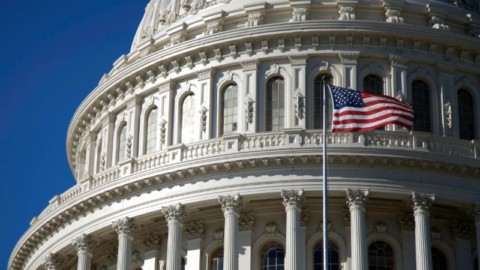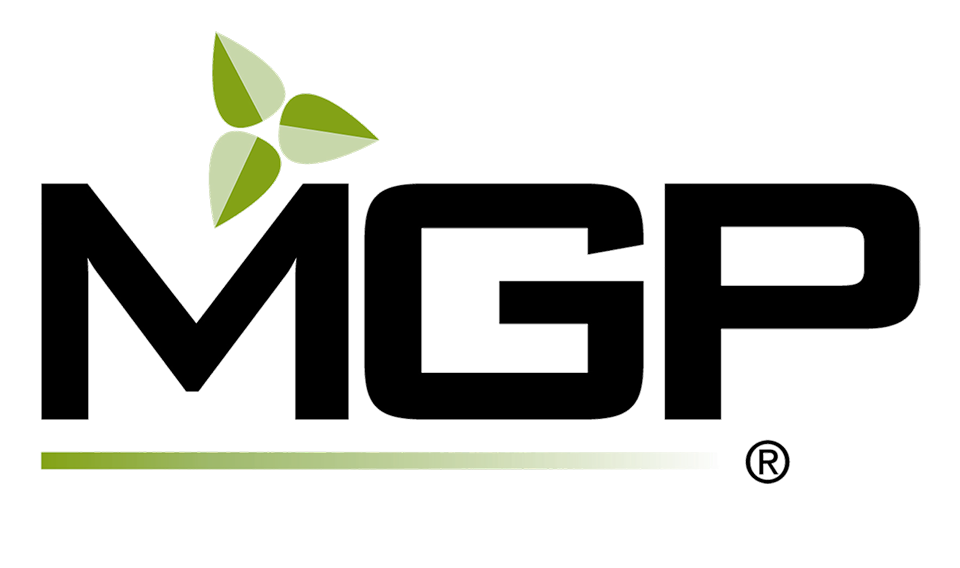Amy Greenberg, Director
Regulations and Rulings Division
Alcohol and Tobacco Tax and Trade Bureau 1310 G Street NW, Box 12
Washington, DC 20005
January 28, 2022
Re: Modernization of Permit and Registration Application Requirements for Distilled Spirits Plants
Dear Director Greenberg:
I am writing on behalf of the American Craft Spirits Association (ACSA), the only national trade group solely representing the interests of craft distillers across the United States. The independent small businesses that comprise our membership are supportive of the Alcohol and Tobacco Tax and Trade Bureau (TTB)’s proposed Modernization of Permit and Registration Application Requirements for Distilled Spirits Plants.
As the country’s nearly 2,300 small distilleries with limited resources navigate the complex regulatory landscape, we’re thankful for TTB’s ongoing and proactive efforts to streamline these requirements. According to ACSA’s 2021 Craft Spirits Data Project (CSDP), the average craft spirits producer employs just 7.4 people, each of whom typically performs a wide variety of functions. One team member might fill barrels in the morning, meet a new potential distributor at lunch, file monthly operations reports with TTB in the afternoon, and attend a marketing event in the evening. Yet we meet the same regulatory and reporting burden as larger producers who have entire teams dedicated entirely to understanding and ensuring compliance with TTB regulations.
We therefore view this effort to reduce the reporting and permit application burden as a step toward leveling the competitive playing field for small businesses, which is an explicit aim of the current Administration as expressed in E.O. 14036, 86 FR 36987. To that end, we have some comments on TTB’s proposals, and we propose some reporting revisions above and beyond those contained in this proposed rulemaking.
While applying for new permits and reporting changes to our businesses and premises do present burdens to DSPs, we undertake these processes relatively infrequently and suggest that this rulemaking could even more substantially reduce our and TTB’s burden by expanding its scope to examine additional DSP reporting requirements. In 2014, TTB’s rule TD TTB-123 reduced from monthly to quarterly the required frequency of Brewer’s Report of Operations submissions to reduce the burden on small breweries that constitute the majority of permit holders but a small fraction of overall beer production. Wineries may also file operations reports quarterly, or even annually if their inventory is small enough. We believe the time has come for DSPs, wineries, and breweries to have parity on reporting frequency. We believe that the same $50,000 excise tax liability threshold that currently allows quarterly filing of operations reports for brewers, and that serves as the quarterly excise tax payment threshold for DSPs, should also act as the threshold for quarterly DSP operations report submissions.
We further request the creation of an annual operations reporting and spirits excise tax payment tier for DSPs so as to achieve parity with wineries. TTB tiers winery sizes on a wine gallon basis, with those whose inventory is not expected to exceed 20,000 gallons filing reports and paying excise tax annually, and a quarterly threshold of 60,000 gallons. As wine gallons are less relevant to DSP regulation, we simply suggest that the threshold for DSP annual reporting and excise tax payment be one third of the spirits excise tax liability threshold for quarterly tax payment. This would provide parity with the relative sizes of the winery tiers. Therefore, we propose that DSPs that had a spirits excise tax liability under $16,666.67 in the previous year and that reasonably expect to be liable for not more than $16,666.67 in the current year be permitted to file operations reports and pay excise tax annually.
TTB itself first proposed a version of this change in 2017’s Notice No. 167, arguing that quarterly reporting for small DSPs would reduce their burden without adverse effect on revenue protection. We couldn’t agree more. TTB declined on June 2, 2020 to implement this change, but we believe the continuing pursuit of July 2020’s executive order on competitiveness means it merits a second look. Furthermore, because many DSPs file four distinct monthly operations reports, a reduction in DSPs’ reporting requirements reduces the labor and burden for both DSPs and TTB by several times as much as does a reduction in reporting requirements for brewers and winemakers, each of whom file a single operations report.
This lack of parity in reporting complexity between permit types presents another opportunity for TTB to drastically reduce the reporting burden on DSPs. A simplification of the four DSP operational reports themselves to more closely resemble the clear and concise reports required of brewers and winemakers would have a tremendous positive impact on our members. Our four reports span nine pages, much of whose contents are unnecessary, outdated, confusing, or duplicative. This creates too much work and too many opportunities for errors to be made in good faith. We strongly urge TTB to streamline these forms into a single form based on the one- page Quarterly Report of Brewer’s Operations.
The 2021 CSDP report found that over 51%1 of Distilled Spirits Plants (DSPs) across the country have small enough annual proof gallon output that they are eligible to pay excise taxes quarterly rather than monthly. These small producers form not only the majority of our membership, but also the majority of all entities and premises affected by this proposed rulemaking. This majority is only expected to grow. CSDP found that the number of DSPs that produce under 10,000 Proof Gallons per year, far below the quarterly excise tax payment threshold, nearly doubled in the past five years from 1,067 in 2015 to 2054 in 2020. If this trend continues, the cost and labor reduction of streamlining reporting requirements and introducing quarterly and annual operations reporting tiers would be massive.
We also ask that this quarterly cadence for TTB filings carry through additional areas covered under TTB’s proposed rulemaking. TTB proposes here to amend 27 CFR 19.112, 19.114, 19.126, 19.127, 19.130, 19.644, 19.683, 19.684, 19.686, 19.687, 19.691, 20.56, 20.57, 22.57, 22.58, and 31.138 to extend the deadline for reporting to TTB material changes to the business or premises from 30 to 60 days. We ask TTB to consider extending this to 90 days to streamline more tax and reporting operations to take place on a quarterly schedule. We believe that a quarterly schedule for registering changes to the business or premises not only substantially reduces the burden on permit holders, but also may make compliance failures less likely as a single quarterly assessment of major TTB obligations is a simple procedure for small producers to implement.
In addition to TTB’s proposed streamlining of the DSP permit application itself, we ask TTB to consider eliminating the most burdensome prerequisite to filing the application: finalizing the lease or purchase of the business premises. Small businesses starting with little capital can ill afford to pay rent or a mortgage during the six months or more they often must wait to receive their permit. They cannot generate revenue until they have the permit in hand. We urge TTB to consider accepting intent to purchase agreements or intent to lease agreements, as relevant, in lieu of finalized proof of control. Because 26 U.S.C. 5172 does not specify that the application must demonstrate proof of control of the premises, we believe it is in TTB’s power to relax this requirement.
Additionally, our members request clarification of TTB’s proposed amendments to 27 CFR 19.119. Specifically, TTB proposes a shift from requiring permit holders to report “any material change in the construction or use of buildings or equipment” to requiring that they register any changes “that would render inaccurate the description submitted with the registration or submitted separately or previously by the proprietor with another reported change.” We appreciate that this is part of TTB’s goal of relaxing or eliminating premises information requirements, but the distinction between a material change and a change that would render previous information inaccurate seems subtle enough that this may not have the intended impact. Permit holders and TTB agents might still have widely varying interpretations of what manner of change needs to be reported. We request that TTB specify the kinds of premises and equipment changes that do not require notification.
In summary, we deeply appreciate TTB’s ongoing efforts to reduce the overall regulatory burden, and, more specifically, the burden on small DSPs. We believe by working together to implement some of these adjustments, TTB and Industry can reduce their shared burden without jeopardizing TTB’s important regulatory and revenue-protecting functions.
Thank you for your immediate attention to this issue. I would be happy to discuss further. I can be reached at (202) 669-3661.
Respectfully,
Margie A.S. Lehrman
Chief Executive Officer
American Craft Spirits Association



